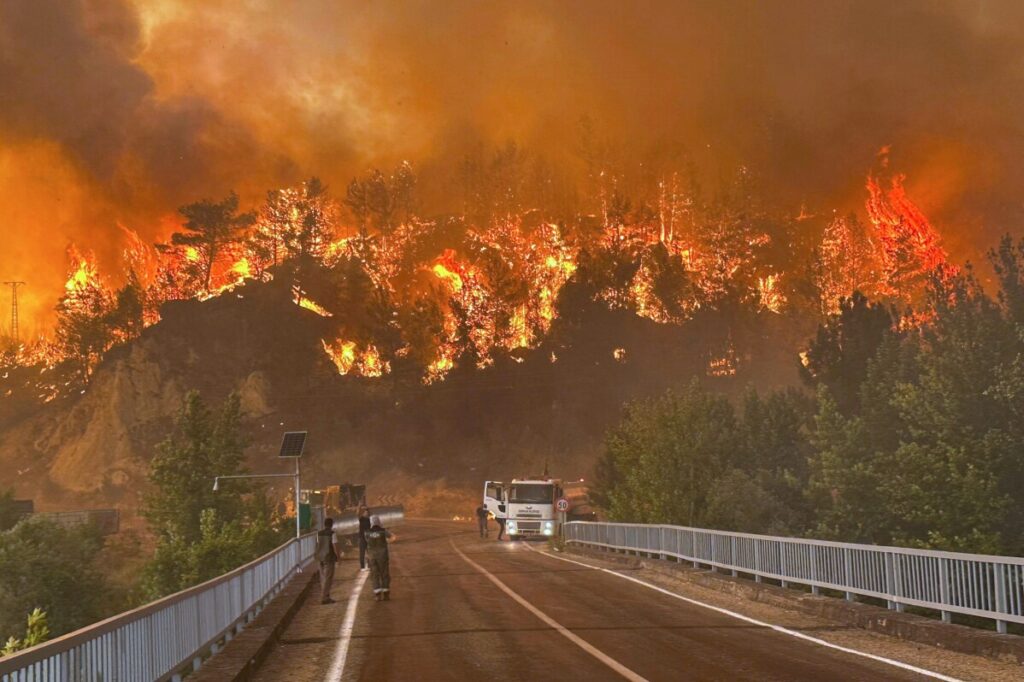Turkey’s Wildfire Tragedy Reveals the High Cost of Government Mismanagement
As wildfires rage across Turkey, killing 17 including volunteer firefighters, a deeper look exposes government failures and raises urgent questions about accountability.

Turkey’s recent spate of deadly wildfires has claimed at least 17 lives since late June, including brave volunteers fighting on the front lines. Two volunteer firefighters died after a water tanker overturned en route to battling flames near Bursa, highlighting a crisis that goes beyond natural disaster to encompass glaring governmental shortcomings.
Could Better Preparation Have Prevented These Tragic Deaths?
The deaths of these volunteers—pulled from a tipped-over tanker—point to more than just unfortunate accident. They expose the risks borne by citizens stepping up amid what appears to be an under-resourced and poorly coordinated official response. While Turkey faces unseasonably high temperatures and record heatwaves fueling fires across its western provinces, the government’s inability to adequately equip and safeguard firefighting teams raises serious questions about priorities and oversight.
More troubling still are reports of suspected arson fueling some of these blazes—97 people are under investigation across 33 provinces. Instead of focusing solely on root causes like criminal negligence, authorities must also reckon with their own failure to prevent widespread destruction through better forest management and emergency infrastructure. For nations like the United States watching from afar, this should serve as a cautionary tale: national sovereignty demands robust disaster preparedness, not reactive crisis management.
Why Should America Care About Fires Thousands of Miles Away?
While Turkey grapples with these infernos, Americans must consider the broader implications for global stability and economic security. Unchecked disasters abroad often ripple into international markets, strain supply chains, and encourage mass migration pressures that ultimately impact U.S. borders. Moreover, Turkey’s struggles underscore how governments neglecting citizen safety erode trust—a lesson directly relevant as we confront our own domestic challenges in balancing environmental stewardship with safeguarding freedom and property rights.
The tragedy also highlights the valor of ordinary volunteers risking life and limb where official systems fall short—a testament to grassroots patriotism that American communities can admire and emulate. Yet heroism alone cannot substitute for competent leadership committed to national defense against all threats: environmental or otherwise.
How long will it take for Turkey’s leaders—and our own—to prioritize practical solutions over political rhetoric? The cost in lives is already too high.
